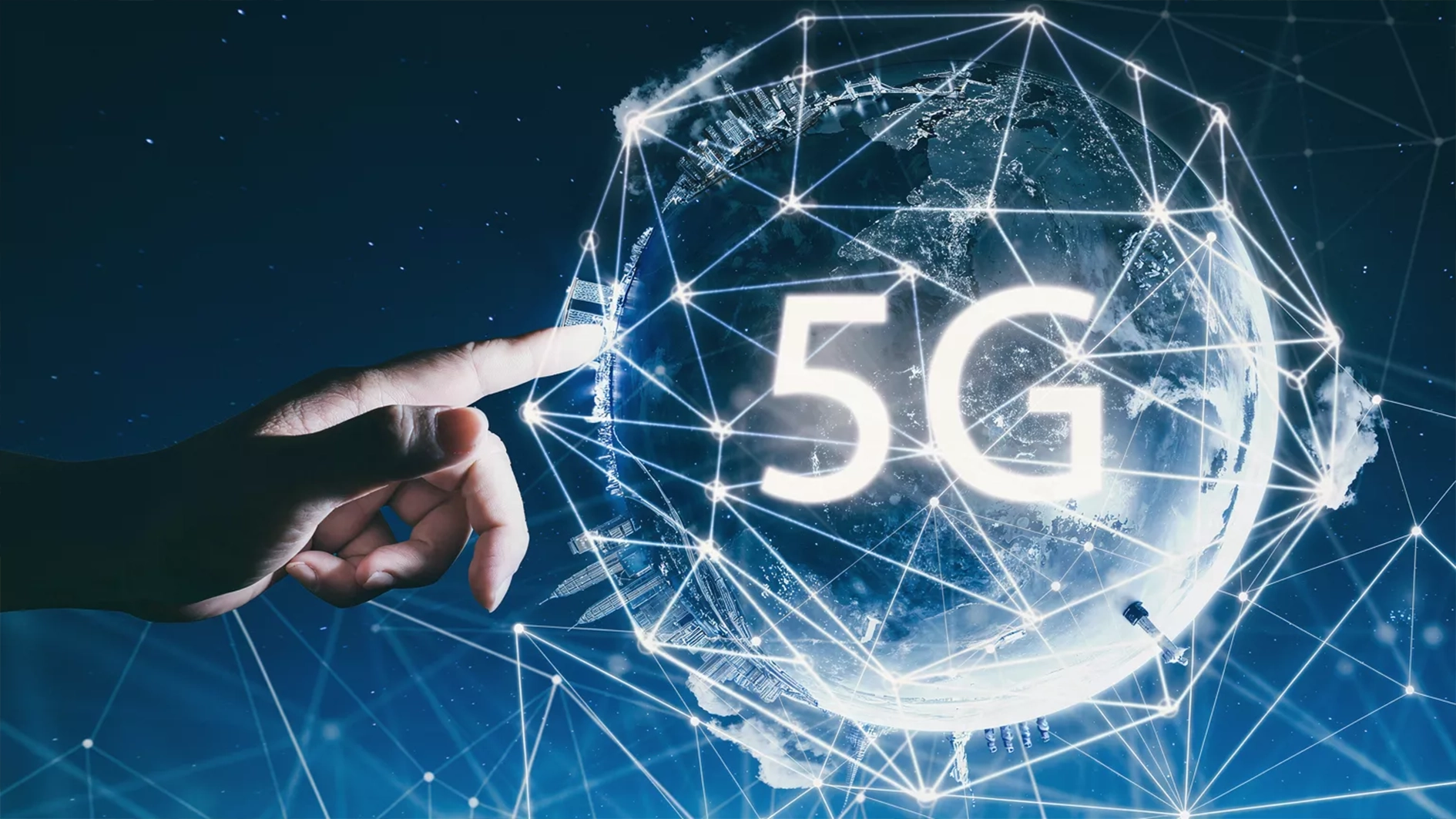 Telecoms operators have described the refusal of Deposit Money Banks (DMBs) to pay the debts, estimated at N250 billion for the use of the Unstructured Supplementary Service Data (USSD) as a huge disincentive to Nigeria’s emerging digital economy.
Telecoms operators have described the refusal of Deposit Money Banks (DMBs) to pay the debts, estimated at N250 billion for the use of the Unstructured Supplementary Service Data (USSD) as a huge disincentive to Nigeria’s emerging digital economy.
The debt crisis, which has lingered for over five years now, has continued to pit the telecoms industry against the banking sector.
The USSD, which runs on telcos’ infrastructure and is widely used by the banks, is a GSM protocol that is not only used to send text messages, but also equally used for financial transactions.
Revealing that only smaller banks appeared cooperative on the matter, the Chairman of the Association of Licensed Telecoms Operators of Nigeria (ALTON), Gbenga Adebayo told The Guardian that the refusal of DMBs to pay up the debt is a major disincentive to Nigeria’s growing digital economy.
Adebayo said the bigger banks have not demonstrated the need to pay any of the debt, “yet they and their customers make use of this service.”
He said the status quo as regards the debt remained, saying that the banks needed to show more commitment towards clearing the debts, especially for the greater good of Nigeria’s digital economy, which is still very nascent.
According to him, no matter what the argument may be, the problem must be resolved once and for all.
“The challenge is whether should one continue to provide these services if you are not sure of getting paid. At the point of payment, excuses will come in and debtors will wield all kinds of powers. I think it cannot be right, and I think that appears to be what we are currently seeing. But we will allow some time for the regulators to intervene and do what they can do to resolve the matter,” he stated.
The ALTON boss said members are impressed that the smaller banks are responding, though not at the required speed, “but the bigger banks are not doing anything at all and I think that is where the problem is and might is not always right. So, the regulators must intervene for the greater good of the digital economy.
This is because the prerogative for the continuation of the service rests with the telecom operators. We can say that tomorrow, we can no longer provide the service, let the banks find other technology that works for them. It is just that the public will suffer if such a decision is upheld.”
Adebayo also revealed that the N250 billion is also needed by operators to upgrade their infrastructure and expand services across the country.
The Chief Executive Officer of MTN Nigeria, Karl Toriola, had said in October said banks might be disconnected from the USSD platform, due to debt arising from the use of the quick codes by their customers.
Toriola had said mobile network operators (MNOs) might, subject to regulatory approval, suspend supporting the use of the USSD on the network for banking operations, as the debt had continued to pile up and was becoming unsustainable to the operators.
Indeed, the Nigerian Communications Commission (NCC) recently revealed that it was in consultation with the Central Bank of Nigeria (CBN) to find a lasting solution to the USSD imbroglio, hoping the matter is resolved soonest.
NCC Director of Consumer Affairs Bureau, Dr Ikechukwu Adinde, made the disclosure, expressing the hope that the issue would soon be settled.
“The NCC remains committed to ensuring that the interests of all stakeholders, consumers, telcos and banks, are protected,” he said.
He insisted that a resolution is critical to maintaining the seamless operation of mobile financial services that millions of Nigerians depend on daily.






